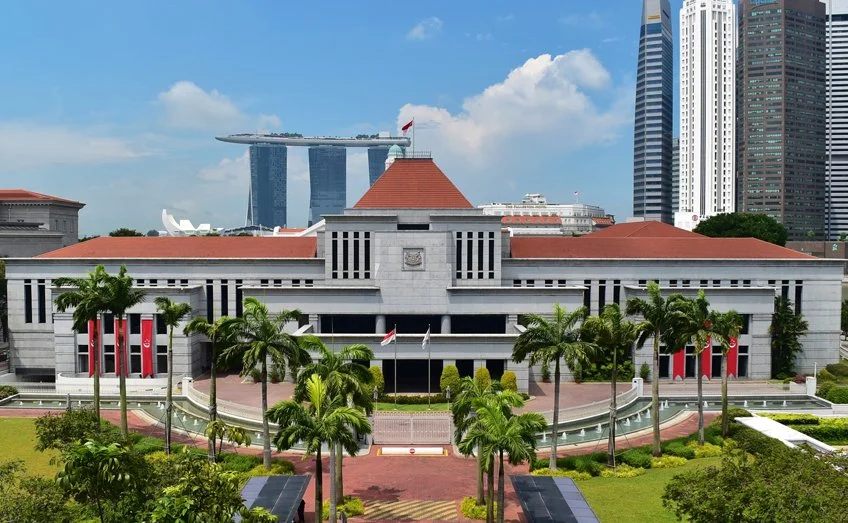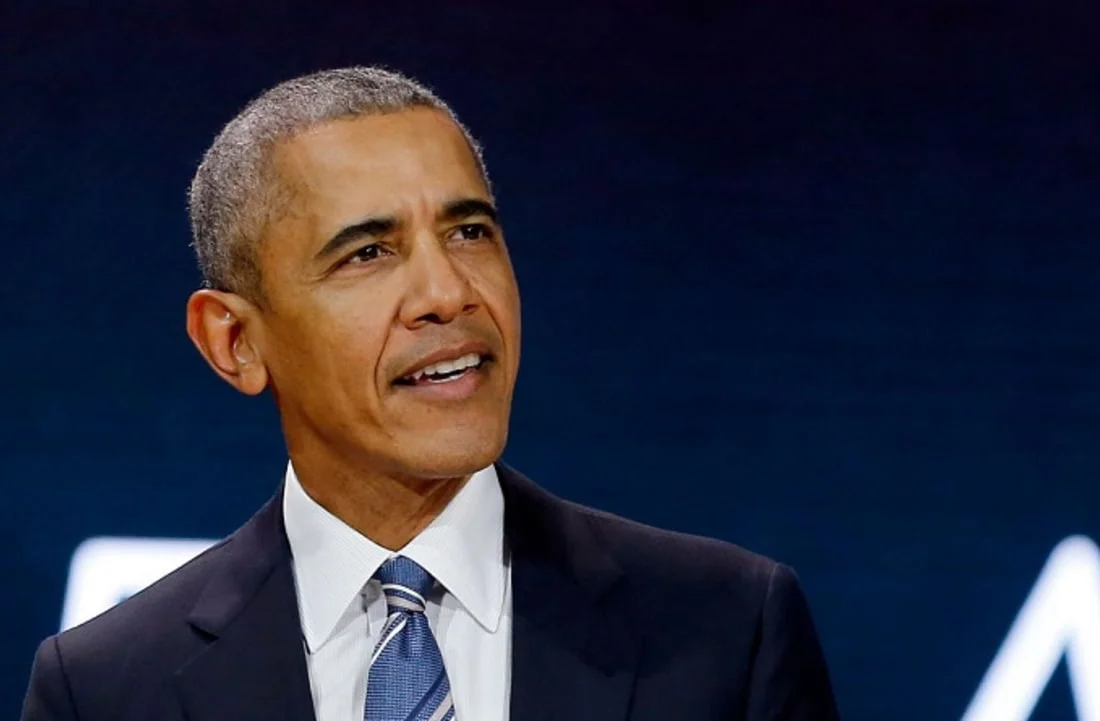By Viswa Sadasivan
The Washington Post characterized TikTok Chief Executive Chew Shou Zi as “soft-spoken, earnest and temperate” during the 23 March US House Energy and Commerce Committee hearing. For me, it was a triumph for dignity and quiet confidence against an exhibition of mediocrity by a horde of arrogant legislators. The bullying was shameful.
It was painful to watch amateurs with misplaced authority ridiculing an earnest executive significantly more intelligent than many of them. In the name of establishing the truth they were obscuring it. Their actions and tone were no better than what they were accusing TikTok, or the Chinese Communist Party, of. They didn’t allow Shou Zi freedom to express. He didn’t have rights. There was no accountability. It was uncivilised.
How different is this from the McCarthyism of the 1950s condemned by Americans of all ages and colour? Regardless, episodes such as this do not help the already tarnished image and standing of the USA. In spite of its continuing good in many spheres, more of the world is seeing the USA as a bully with double standards.
To clarify, amidst the barrage of ill-informed, ridiculously articulated points, the US House representatives did bring up some worthy concerns. However, these got subjugated by the unreasonable demands placed on the CEO. For example, the chairperson of the committee asked a list of questions that would typically require lengthy responses. Yet, she demanded a “yes or no” answer. It was evident from the outset that the committee wasn’t interested in gaining understanding through an inquiry.
The aim was to excoriate through an inquisition. It was to establish the master-slave protocol essentially to a hungry, angry American audience; to China, and to a lesser extent the rest of the world. Given the influence the USA wields it’s legitimising this brand of engagement across the world. It appears to be working.
There’s a palpable increase in this sort of bullying. It’s all around us. Those with power are using it to dominate, muzzle or ridicule. They do it because they can. Instead of debating them, alternative perspectives are viewed as opposing perspectives that must be crushed. There’s often little regard for fairness and decency. Righteousness gives way to self-righteousness.
Society is worse off in such a scenario. We don’t have the benefit of a contest of ideas where knowledge gained through informed perspectives can deepen insights. Instead, we have polemics that polarise. It’s a downward spiral.
To be honest, I have my issues with some of the actions by China. I also have genuine concerns about TikTok, some of which were raised at the House committee hearing. Even though he handled the interrogation admirably, by any standard, the TikTok CEO was evasive when responding to some pertinent questions. I am not vindicating China or TikTok here.
My point is essentially this. Nobody should feel entitled to brow beat, bully or wilfully smear another. We shouldn’t feel we can suspend decency because it’s expedient or simply because we can. We have a duty to speak up against belligerent, self-righteous behaviour especially by those who wield power.
In a millennial-generation Z-dominated world there is growing disgust for brow beating and bullying regardless of whether it is global or local. This can serve as an essential check on abuse of power. Unfortunately, this can also unleash counterforces that are disruptive and dismissive. Cancel culture is an example. It propagates a climate of fear.
For those who abuse their power there must be an unequivocal message that there will be consequences. They must be made to see that there’s growing disdain for it. In many instances – regardless of merit - he who is bullied will emerge the champion, perhaps even a martyr. This can usher a different problem – populism and playing to the gallery. We can prevent this. What’s needed are robust yet reasoned debates. Better still, let’s have honest yet respectful conversations.
We must do our part to make this a kinder, more gentle world.
Viswa Sadasivan [Former Nominated Member of Parliament, Singapore]




















